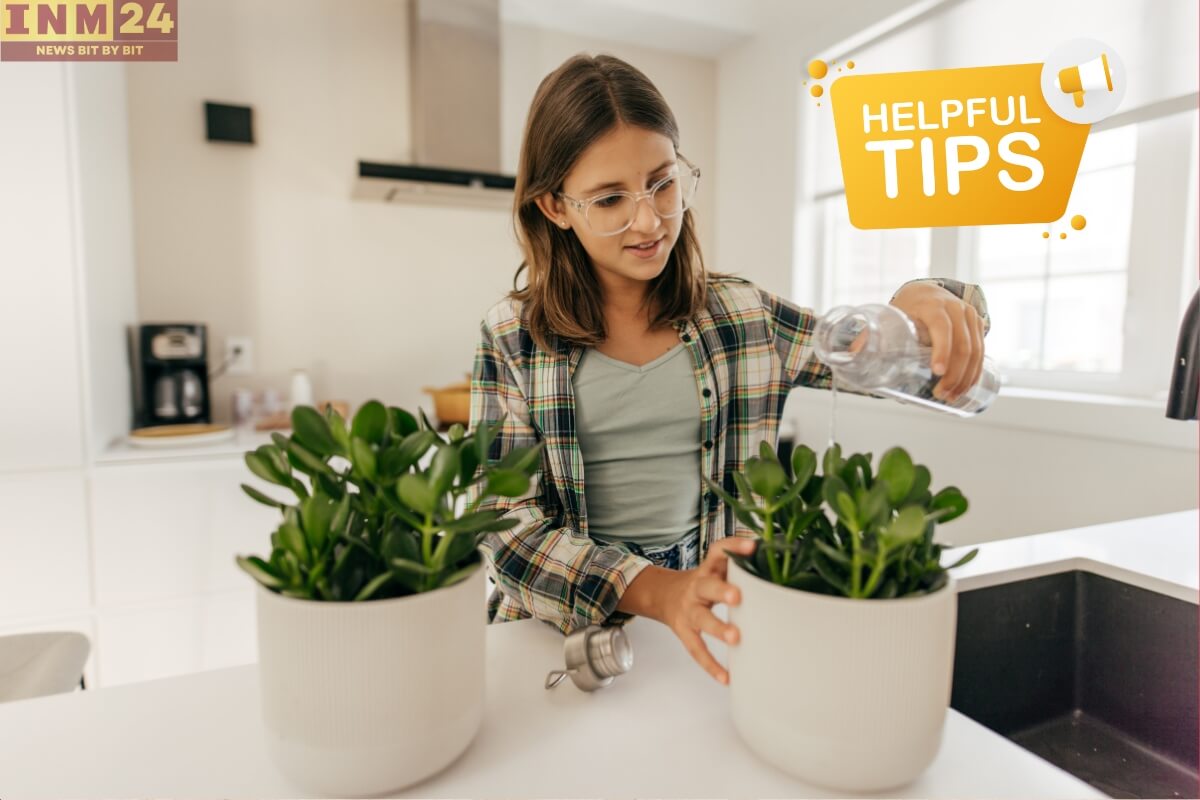As the summer heat sets in, caring for rose plants becomes crucial, especially if they’re not receiving adequate attention. If you’ve noticed your rose plant wilting, fret not. By following these tips, you can revive it and ensure its well-being.
Watering
Water is essential for life, and it’s equally vital for plants, especially during the scorching summer months. When temperatures rise and the sun’s intensity increases, plants require more water. Water your plants regularly, particularly in the early morning or late evening when temperatures are cooler. Keep the soil moist but not soggy. Avoid wetting the foliage while watering, as it can lead to fungal diseases. During summers, you may need to water your rose plant every day or every other day.
Shade
Summer weather can be challenging for plants, especially if they don’t receive adequate shade. Intense sunlight can scorch plants, turn their leaves yellow, and even cause them to wither. Protect your plant from the harsh midday sun. If possible, place it in a shaded area or provide shade using a cloth or umbrella.
Fertilization
Summer can be tough for rose plants, especially when they don’t receive proper nutrition. Therefore, it’s essential to provide your rose plants with the right fertilizer during summers. Feed your plants with balanced liquid fertilizer every 4-6 weeks during the summer. When fertilizing, ensure you follow the instructions and avoid over-fertilizing.
Mulching
Mulching is a natural process that involves covering the soil surface with material to retain moisture. It provides several benefits to plants, especially during summers. Apply a layer of moist grass or bark around your plant to keep the soil cool and moist. Mulching also helps slow down water evaporation from the soil.
Pest and Disease Management
During summers, rose plants are more susceptible to pests like aphids, thrips, and spider mites. If you notice any pests on your plant, remove them by hand or spray them with insecticidal soap. Additionally, rose plants are prone to fungal diseases like powdery mildew and black spot during summers. If you observe signs of disease on your plant, remove affected leaves and spray the entire plant with a fungicide.
By following these simple tips, you can keep your rose plants lush, green, and fragrant throughout the summer months.

